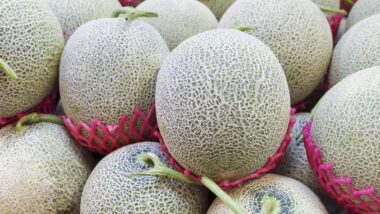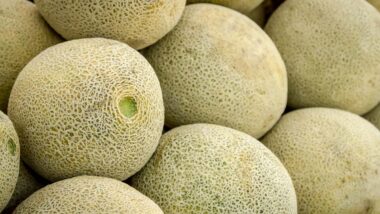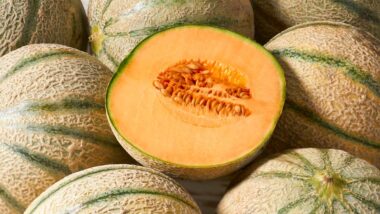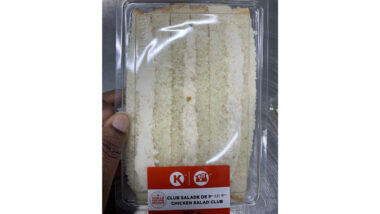Top Class Actions’s website and social media posts use affiliate links. If you make a purchase using such links, we may receive a commission, but it will not result in any additional charges to you. Please review our Affiliate Link Disclosure for more information.
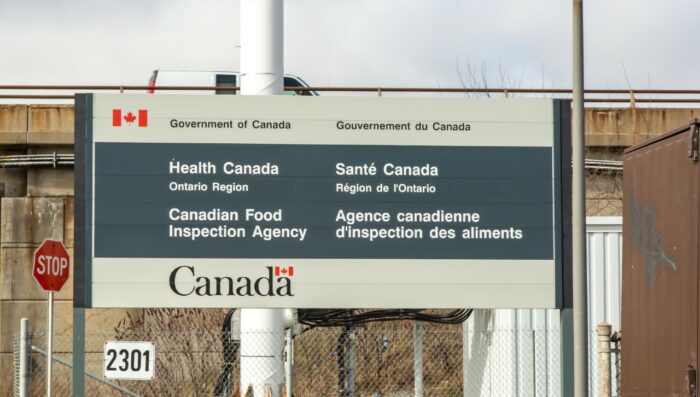
Romaine Lettuce Health Alert Overview:
- Who: The Canadian Food Inspection Agency is re-implementing temporary import restrictions on romaine lettuce importers from California’s Salinas Valley.
- Why: Romaine lettuce grown in the Salinas Valley was linked to multiple E. Coli illnesses between 2016-19, warned the agency.
- Where: The temporary import restrictions affect romaine lettuce grown in California’s Salinas Valley.
Canadian consumers may need to stick to iceberg after a recent import ban was reactivated on romaine lettuce from California. The Canadian Food Inspection Agency (CFIA) is reportedly re-implementing temporary import restrictions on romaine lettuce coming from California’s Salinas Valley for this year’s growing season.
Temporary import restrictions were also put in place last year after a series of E. Coli illnesses between 2016-19 were linked to California-grown romaine lettuce in the United States and Canada. There were no reported E. Coli illnesses linked to the region this past year, reports Food Safety News.
Romaine Lettuce from California Source of E.Coli, Warns Food Safety Agency
Canada primarily imports romaine lettuce from the Salinas Valley during the fall months on account of its favorable growing conditions, however, the area was pinpointed as a recurring source of E. Coli infections following food safety investigation conducted by authorities in Canada and the US.
Between Sept. 30 and Dec. 31, 2021, US romaine lettuce importers will be required to show proof that their product was not grown in any counties located in California’s Salinas Valley, including Santa Clara, San Benito, Santa Cruz, and Monterey.
Alternatively, importers must present a certificate of analysis and attestation form proving the romaine lettuce was tested in an accredited laboratory to show each shipment does not contain detectable levels of E. Coli, reports Food Safety News.
Canada has been stepping up its food safety conditions of late, with parts of its Safe Food for Canadians Regulations going into effect in January that increase regulations for most businesses that import, export, or interprovincially trade fruits and vegetables.
Businesses that operate with fruits and vegetables — including those that import romaine lettuce — must now obtain a Safe Food for Canadians licence and adhere to standards of preventative control and tracking the movement of produce.
Top Class Actions will continue to monitor food safety news to help keep consumers informed.
Were you aware romaine lettuce imported from California’s Salinas Valley was previously linked to E. Coli illnesses? Let us know in the comments!
Don’t Miss Out!
Check out our list of Class Action Lawsuits and Class Action Settlements you may qualify to join!
Read About More Class Action Lawsuits & Class Action Settlements:
- Recall Check: Toss Whiskas Cat Food, Warns Mars PetCare Canada
- Recall Alert: Mr. Porky Original Scratchings Recalled in Canada Amid UK Salmonella Outbreak
- Hill’s Pet Nutrition Hit With Class Action Lawsuit After Dog’s Death
- Seafood Products Recalled After Making Consumers Sick






